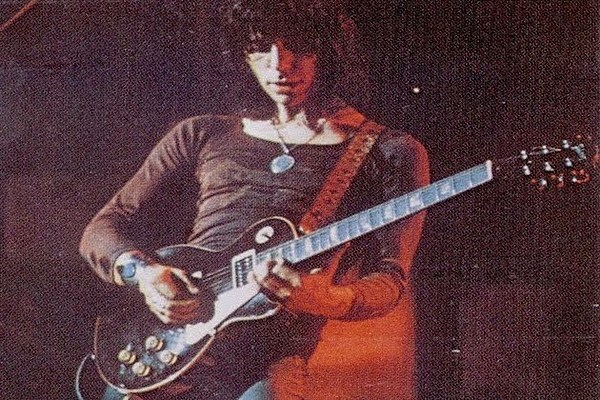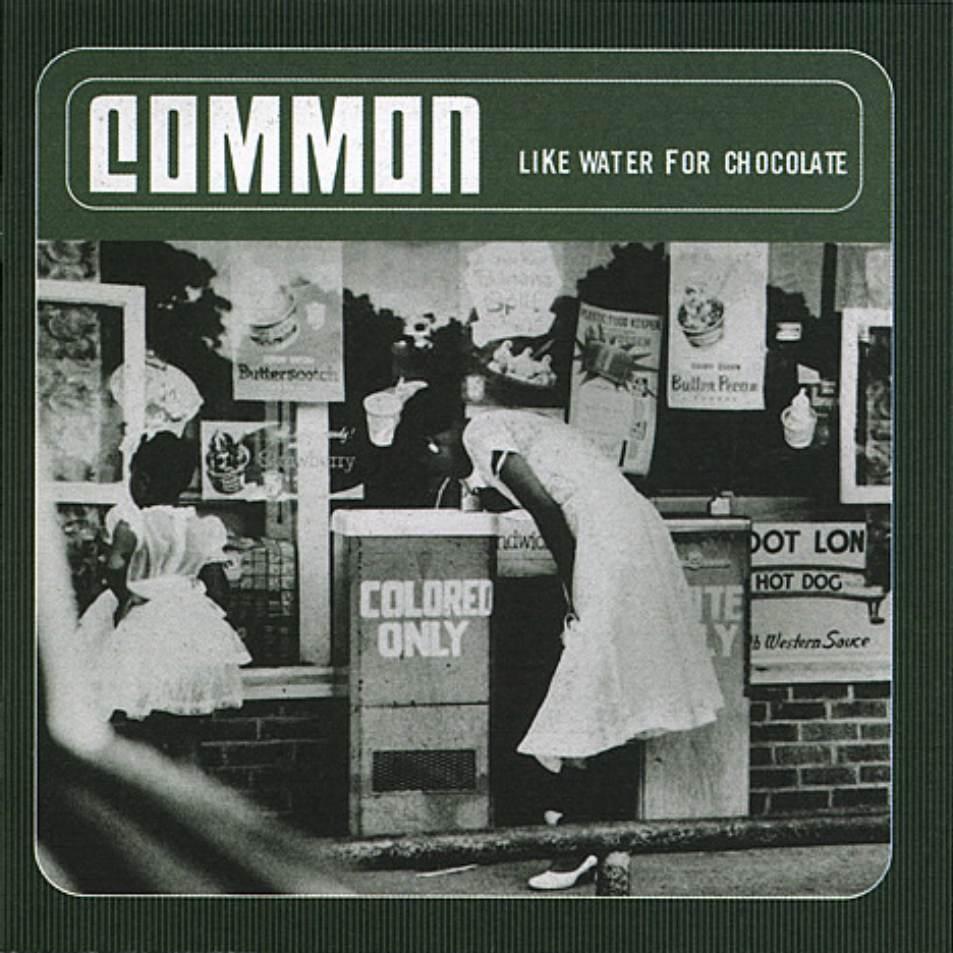Genesis found a collaborative balance with the loose conceptual art rock explorations of this progressive pop purification. After the tour for ...And Then There Were Three... the trio went their separate ways as Phil Collins moved to Vancouver, Canada to work on his marriage with Andrea Bertorelli. In the meantime, Tony Banks and Mike Rutherford began working on their respective solo releases, A Curious Feeling and Smallcreep's Day, . With his marriage in shambles, Collins returned to his home in Shalford, Surrey; reunited with jazz fusion band Brand X; and started work on demos for his first solo album Face Value.
Banks and Rutherford joined Collins at Shalford where they began writing music together for their next album 'Duke'. The sessions took place during late 1979. They were produced by David Hentschel and Genesis at Polar Studios in Stockholm, Sweden and featured Tony Banks on keyboards, 12-string guitar, and background vocals; Phil Collins on drums, percussion, lead and backing vocals, and drum machine; and Mike Rutherford on guitars, bass guitar, bass pedals, and background vocals. with David Hentschel on backing vocals, production, audio engineering.
'Duke' traveled to number twenty-two in Australia, fourteen in Austria, twelve in the Netherlands; eleven in the US, nine in Sweden, four in France and Norway, three in Switzerland, two in Germany, and number one in the UK.
http://www.worldofgenesis.com/
http://www.worldofgenesis.com/Links-Official%20Genesis%20Related%20Sites.htm
http://thegenesisarchive.co.uk/
http://www.davemcnally.com/lyrics/genesis/duke/
"Turn It On Again" was a top ten hit in the UK.
"Misunderstanding" became a top twenty breakthrough hit for the band in the US, peaking at number fourteen. In Canada it went to the top of the pop chart.
https://www.youtube.com/watch?v=bmFRvpwVSwo
http://www.dailymotion.com/video/x1wsl7_genesis-misunderstanding_music
Genesis - Misunderstanding by Salut-les-copains
"Duke Suite"
https://www.youtube.com/watch?v=M6irjp4zp2M
full album:
https://www.youtube.com/watch?v=4j2h5i7CNVw
Side one
00:00 "Behind the Lines" Tony Banks, Phil Collins, Mike Rutherford 5:31
05:31 "Duchess" Banks, Collins, Rutherford 6:40
12:08 "Guide Vocal" Banks 1:18
13:29 "Man of Our Times" Rutherford 5:35
19:04 "Misunderstanding" Collins 3:11
22:19 "Heathaze" Banks 5:00
Side two
27:19 "Turn It On Again" Banks, Collins, Rutherford 3:50
31:11 "Alone Tonight" Rutherford 3:54
35:08 "Cul-de-sac" Banks 5:02
40:13 "Please Don't Ask" Collins 4:00
44:15 "Duke's Travels" Banks, Collins, Rutherford 8:41
52:53 "Duke's End" Banks, Collins, Rutherford 2:04
interview:
https://www.youtube.com/watch?v=zfHgAzML20M
live at the Lyceum 1980
https://www.youtube.com/watch?v=4ZnP6eq9kcM
Deep In The Motherlode 5'36"
Dancing With The Moonlit Knight (Excerpt) 1'53"
Carpet Crawlers 5'25"
Squonk 7'37"
One For The Vine 15'26"
Behind The Lines 5'23"
Duchess 7'01"
Guide Vocal 1'26"
Turn It On Again 4'49"
Duke's Travels 7'14"
Duke's End 4'52"
Say It's Alright Joe 10'54"
The Lady Lies 6'15"
Ripples (Pt. 2) 5'19"
In The Cage 7'32"
Slippermen 1'05"
Afterglow 4'39"
Follow You Follow Me 4'27"
Dance On A Volcano 5'31"
Los Endos 7'18"
I Know What I Like 9'49"








